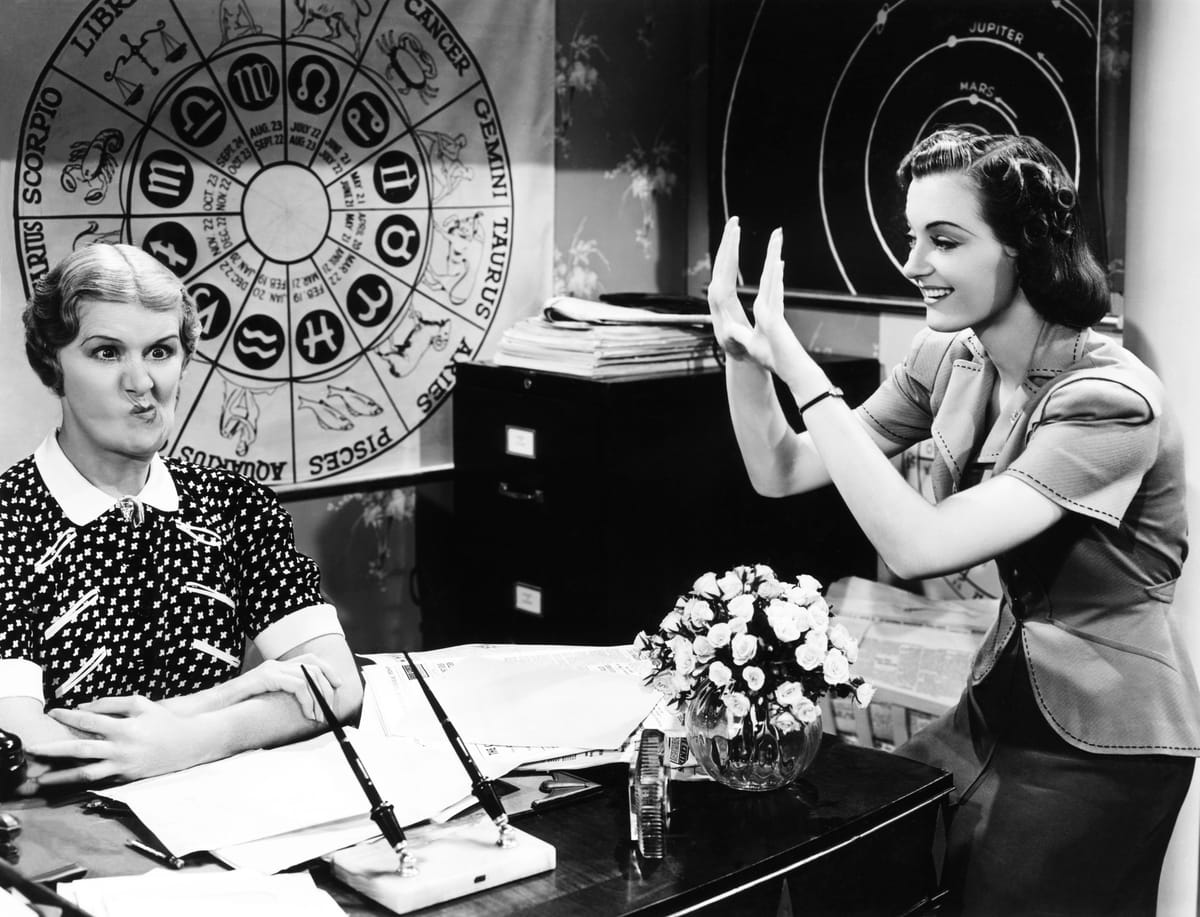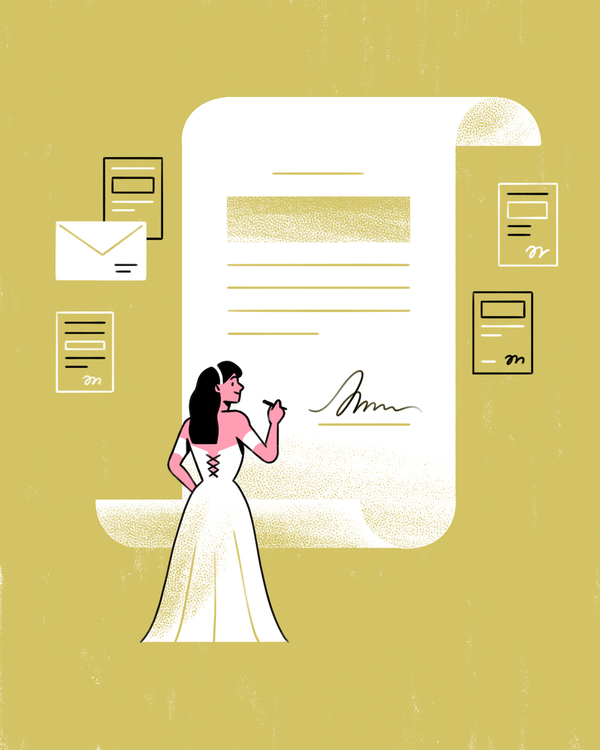The Gender of Magical Thinking
New research shows that women are more likely to believe in astrology and fortune tellers than men. Is the patriarchy to blame?

How do you navigate planning for the future? Do you have a five-year plan? Do you set yourself specific goals? Do you consciously try and anticipate what sort of changes technology, culture and politics might herald?
Recent data show that many of us are still turning to tarot cards and fortune tellers to try and figure out exactly what might be in store.
In a nationally representative survey of more than 9,500 U.S. adults, almost a third of people admitted that they consult astrology—a horoscope, for example—tarot cards or a fortune teller at least once a year. Most of those who said they did so noted it was “just for fun” but some said that what they learned influenced major life decisions, anyway.
The data, collected by the Pew Research Center, also show that younger adults—and especially younger women—are most likely to believe in astrology and to consult horoscopes. Some 43% of women aged between 18 and 49 said they believe in astrology, which compares with just 27% of women aged 50 and older, 20% of men aged 18 to 49, and 16% of men who are 50 and older.
People who identify as lesbian, gay, bisexual or transgender are also more likely to consult astrology or a horoscope, and tarot cards: About half of LGBT Americans said they consult astrology or a horoscope at least on an annual basis, which is about double the share among U.S. adults overall.
What is it about women that makes them more likely to give credence to these new age practices? There are few different theories and psychological factors may well play a role. Some studies suggest that women tend to exhibit a higher reliance on intuition than men and that this tendency could be linked to a stronger endorsement of magical beliefs and astrology.
Another theory relates to the difference in the ‘locus of control’ between men and women.
“The locus of control is a theoretical construct that measures a person’s idea of having control over their own behaviour,” according to a 2021 article in Bossy, a Canberra-based, student-run feminist publication. “It can be defined as being either internal, if a person believes they are in control of the events of their own lives, or external, if a person feels they have no control in their lives,” it adds.
The piece cites a 1997 study which shows that women are more likely to have an external locus of control than men. And in a society in which men still dominate roles associated with power and privilege, astrology and other spiritual beliefs might provide a comfort that there is, indeed, some sort of greater power at work—beyond whatever control men have.
In other words, if women who read their horoscopes and obsess over rising signs make you want to roll your eyes, maybe you should blame the patriarchy instead. It’s just a thought.





